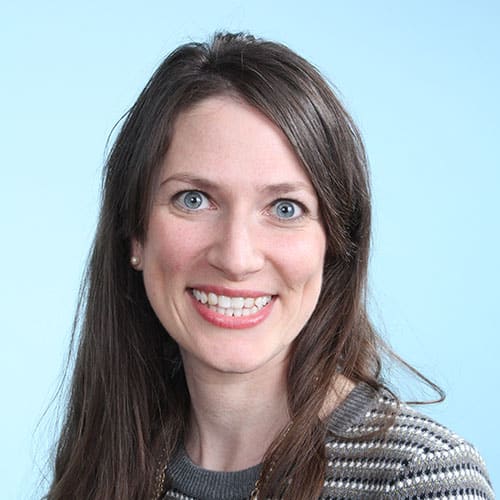 Peter Dazeley/Getty Images
Peter Dazeley/Getty Images It’s that magical time of the year when the Jewish people celebrate Hanukkah, the festival of lights.
Along with lighting candles on the Menorah for eight nights to symbolize the miracle of the oil, Hanukkah is celebrated with festivities like family gatherings, playing dreidel, giving “gelt” to the children, and eating oil-based foods, which symbolize the oil of the temple.
Like with all Jewish holidays, there is a strong focus on food, such as traditional jelly-filled doughnuts (sufganiyot) and fried potato pancakes (latkes), during Hanukkah. This festive part of the holiday can be highly triggering to those who struggle with eating disorders.
Eating disorders are complex illnesses with biological, genetic, psychological, social, and developmental roots. There is no single cause for the development of an eating disorder, and effective treatment covers a wide range of factors. An eating disorder is not just a phase that will pass, rather, it is a serious mental illness that can be fatal.
The good news is that as awareness has increased, opportunities for help have also become more available. Rabbis, too, are becoming increasingly more vocal on the topics of mental health and eating disorders and urging those to seek help when needed.
While the observance of Judaism certainly does not cause an eating disorder, the cultural and religious practices of Judaism may be triggering for some individuals. For example, keeping kosher, observing the Sabbath and Jewish holidays, fast days, and other cultural pressures such as getting married young and/or having children early may all contribute to disturbances in eating and body image.
Hanukkah is an opportunity to see how a triggering ritual can also have meaningful benefits. Instead of focusing on oily foods, hectic family time and pressure to buy gifts, take a closer look at the true meaning of this special time, because there is so much hope that can be gleaned from the themes of Hanukkah.
For example, the candles that we light for eight nights can be seen as beacons of hope at a time when many of us are affected by limited sunlight. Or use those eight flames to inspire yourself to resolve to make eight positive changes in your life.
In addition to giving gifts to others, give a gift to yourself each day, whether it’s a physical object or the gift of strength or healing. Or come up with eight ways to volunteer or give back to others as an expression of your gratitude.
If you are struggling with an eating disorder, make this celebration of a small amount of oil that lasted eight times longer than it should have an inspirational parable to help you realize that you do have enough strength to get the help you need or to continue with your recovery – and know that your strength can be everlasting once you kindle the flame.
It’s important to realize that the same Jewish rituals that may be triggering, can also be a helpful and healing part of one’s treatment.
It’s important to realize that the same Jewish rituals that may be triggering, can also be a helpful and healing part of one’s treatment. While you celebrate Hanukkah this year, take a good look at its true meaning. It can help you find your strength and your own special light on the road to recovery.
If you or someone you know may be suffering from an eating disorder, you can reach out for help by calling 1-800-RENFREW (736-3739). You do not have to suffer alone, and you do not have to wait for it to get worse before you deserve help. Life and health come first in Judaism and the prognosis of an eating disorder is better when help is sought out sooner.
Sarah Bateman, LCSW, is a psychotherapist who specializes in eating disorders, as well as depression and anxiety. In addition to her work in private practice, she is the Renfrew Center’s liaison to the Jewish community.























 More news and opinions than at a Shabbat dinner, right in your inbox.
More news and opinions than at a Shabbat dinner, right in your inbox.